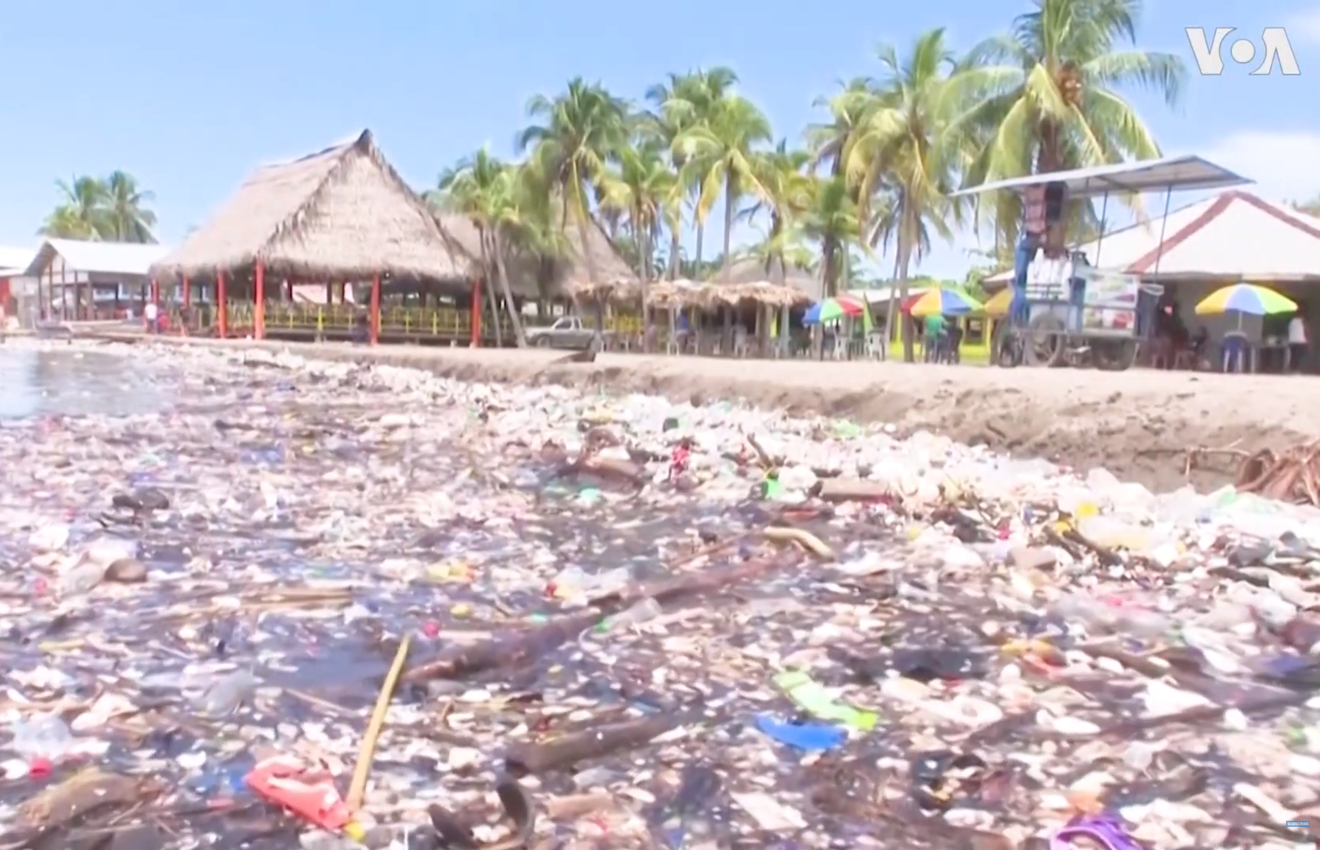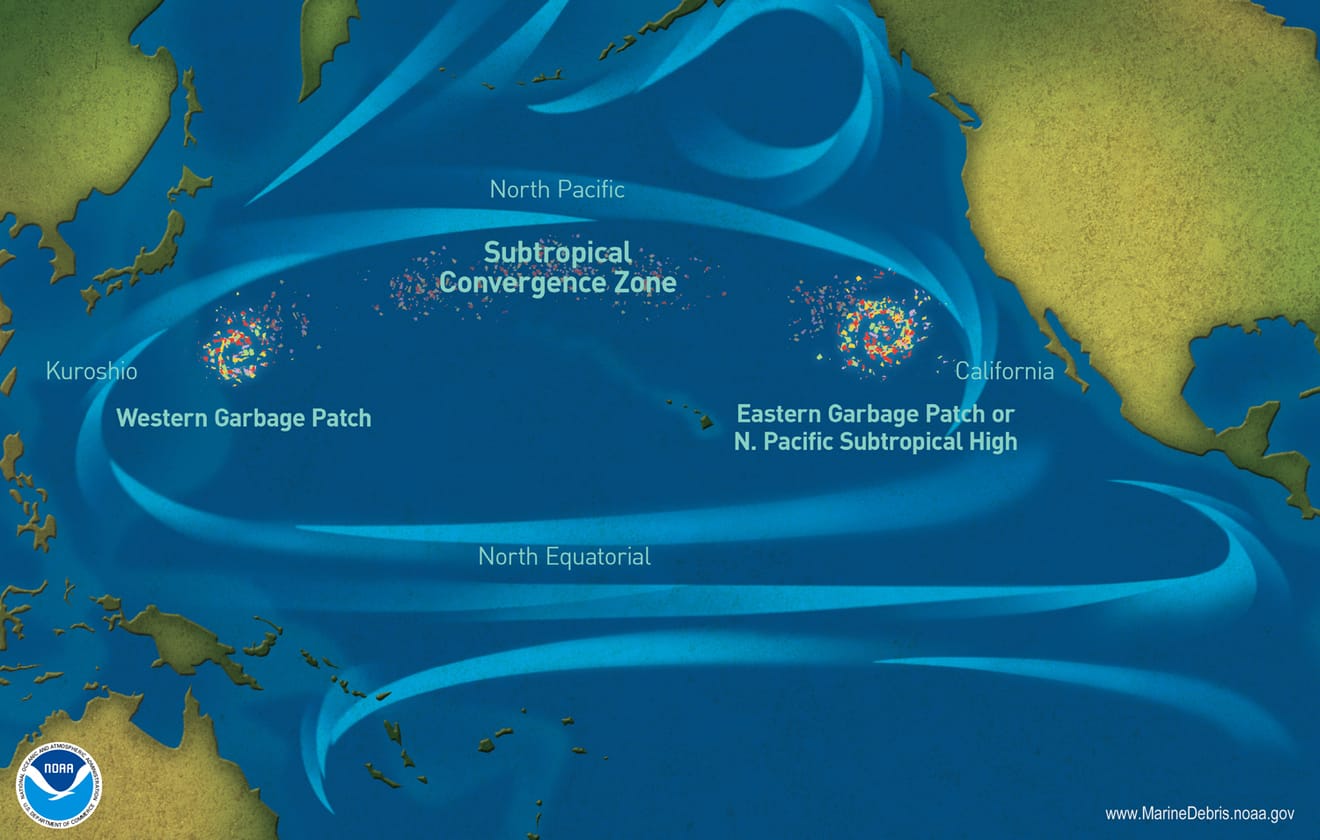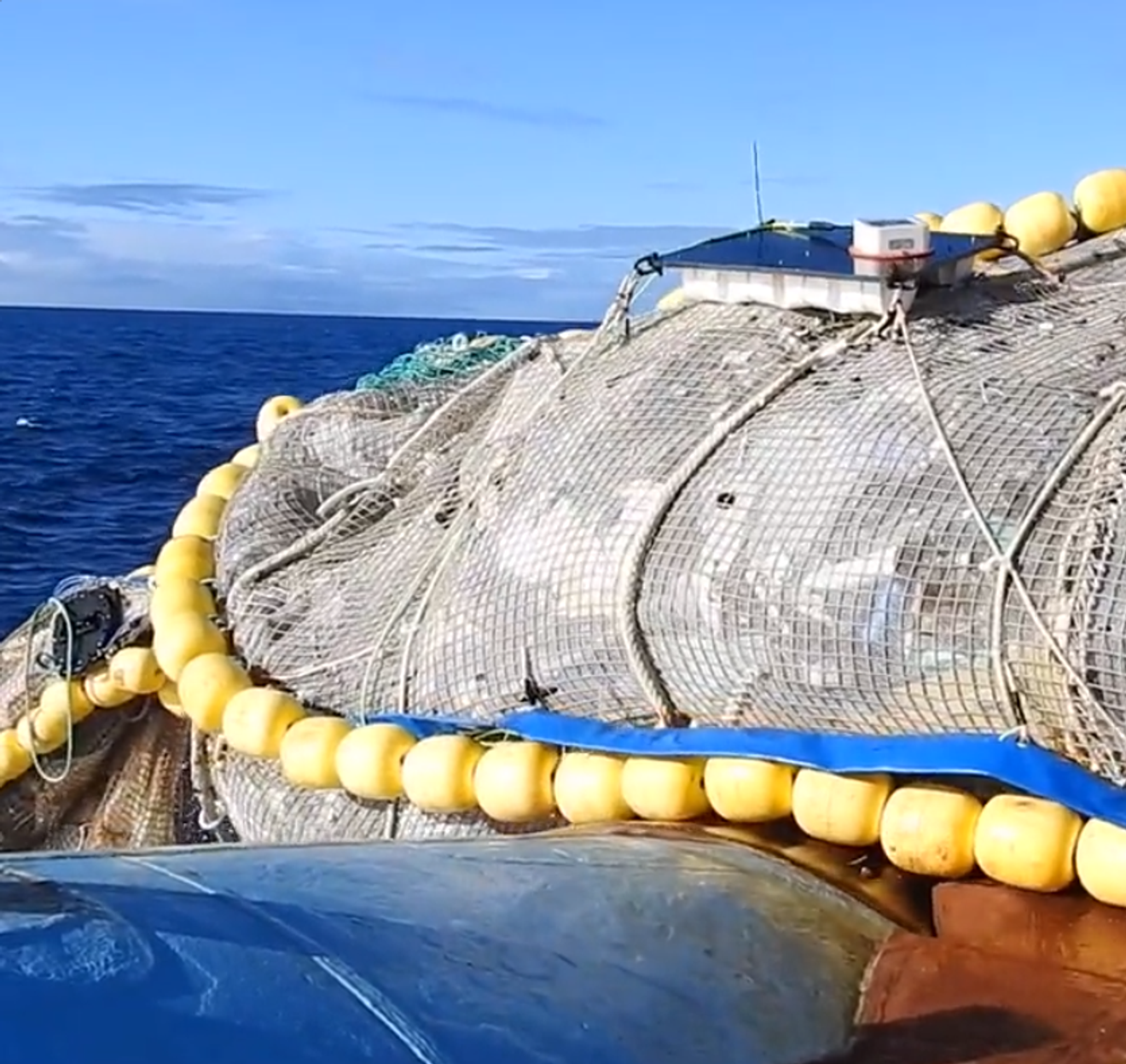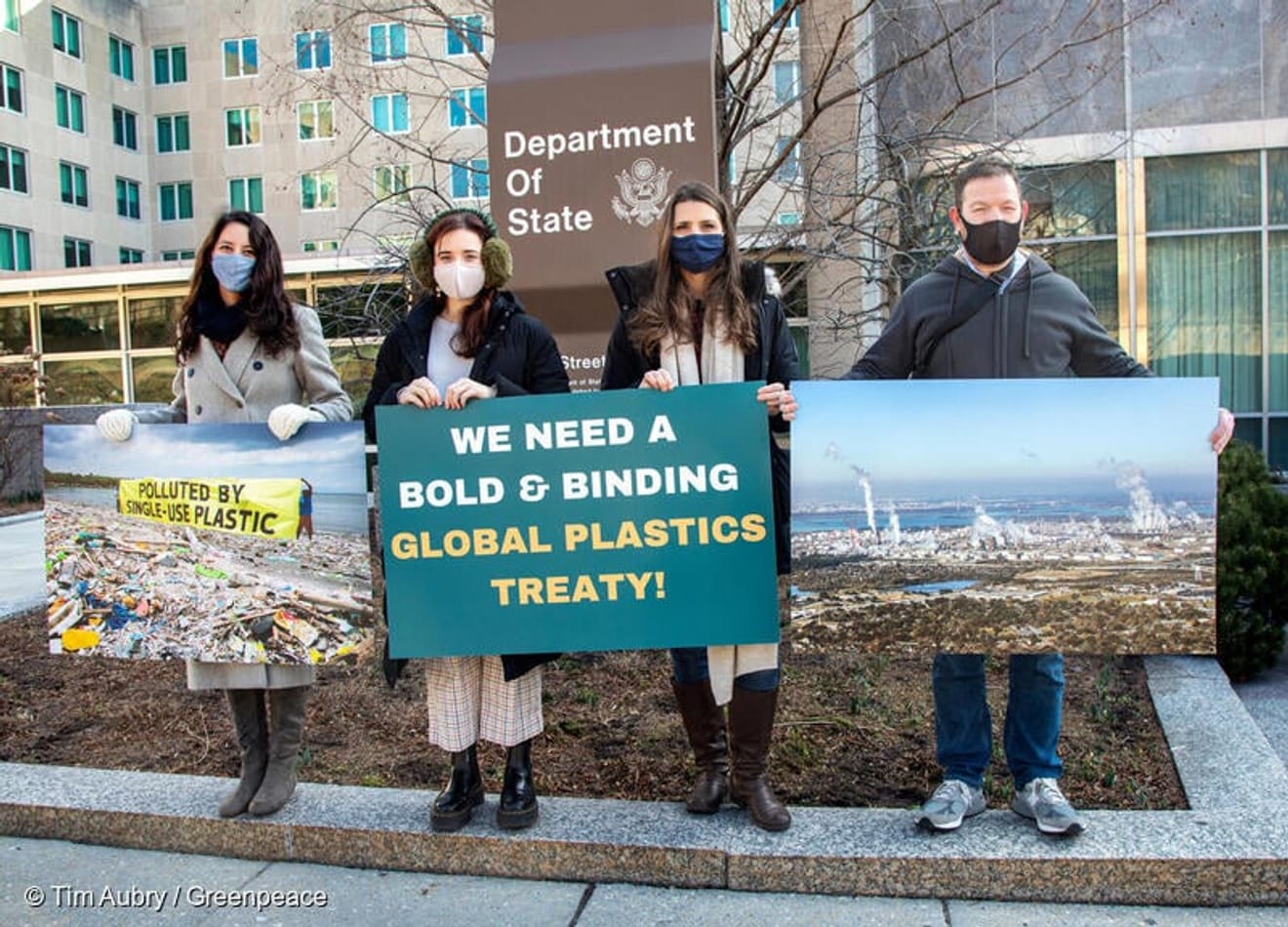Subject
- #Environment
- #Ocean
- #Climate Crisis
- #Marine Debris
- #GPGP
Created: 2024-01-30
Created: 2024-01-30 11:21
Every year, 13 million tons of garbage are dumped into the ocean. This is equivalent to a truckload of garbage being dumped every minute, and among them, plastic is dumped into the ocean every second. Now, it's common to see news of animals dying from eating marine debris.
Sea turtles that have died in large numbers after mistaking marine debris for food, southern right whales caught in discarded fishing nets, and large amounts of plastic found in the stomach of a dead sperm whale… There are so many such news reports that the severity of the situation is almost being downplayed. The issue of marine debris is not just important for those concerned about animal welfare. It's because not only animals but also humans are being harmed by marine debris.

Voice of America YouTube Channel Video ‘Trash Tsunami Blights Honduras Beach’ Capture
In 2020, a massive amount of garbage washed ashore on a beach in Honduras. The debris covered the sea to the point where the water was barely visible and reached right up to the residential areas. It's said that most of the garbage was plastic.

National Geographic
Plastic, which has made human life more convenient, has become an enemy of the Earth. Due to its lightweight nature and the fact that it doesn't decompose easily, plastic floats around in the ocean and gathers in one place to form islands. The Great Pacific Garbage Patch (GPGP) is a prime example. This phenomenon can be attributed to the near-stagnant water in areas where ocean currents like the Kuroshio Current and the North Pacific Current circulate in a circular pattern. It is estimated that the GPGP contains over 1 trillion pieces of plastic debris, covering an area of 1.6 million square kilometers, and it's continuously expanding. Most surprisingly, this island was first discovered in 1997. This reveals that the marine debris problem was severe even before climate change emerged as a global environmental issue. While the concentration of debris in one location presents a good opportunity for mass cleanup, no country has stepped forward to take responsibility for garbage collection as it's not within any nation's territorial waters.

The Ocean Cleanup Official X @TheOceanCleanup Video Capture
Fortunately, some environmental organizations are leading the charge in collecting marine debris. In 2022, The Ocean Cleanup, an environmental organization from New Zealand, collected 100 tons of garbage from the GPGP. In addition, Australia developed the Seabin, a kind of ocean trash can, and installed them in ports around the world. This has reportedly helped collect 1.4 tons of marine debris annually. Despite these efforts from various environmental groups, the sheer scale of the garbage island makes their efforts insufficient.

Greenpeace, © Tim Aubry
Solving the marine debris problem requires international cooperation. The biggest challenge is regulating plastic use, and the 2024 International Plastics Treaty is key to achieving this. This treaty aims to reduce plastic production by 75% by 2040, and its successful implementation requires greater public awareness.
Comments0